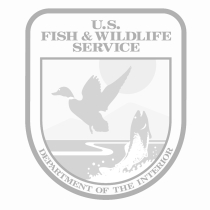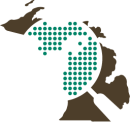Ways to Get Involved
Whether you want to further conservation, learn more about nature or share your love of the outdoors, you’ve come to the right place. National wildlife refuges provide many opportunities for you to help your community by doing what you love. National wildlife refuges partner with volunteers, youth groups, landowners, neighbors and residents of urban and coastal communities to make a lasting difference. Find out how you can help make American lands healthier and communities stronger while doing something personally satisfying.
Volunteering
Discover for yourself what tens of thousands of volunteers have learned: Volunteering for the U.S. Fish and Wildlife Service is fun and rewarding in many ways. Learn new skills, meet new friends and enjoy a sense of accomplishment from doing your part to further wildlife conservation for the pleasure of generations to follow.
While there is no volunteer program at Michigan Islands National Wildlife Refuge, you may consider volunteering at one of more than 560 other national wildlife refuges throughout the National Wildlife Refuge System. Search for volunteer opportunities near you at volunteer.gov.
From its start in 1903, the National Wildlife Refuge System has owed its very existence to concerned citizens eager to protect America's natural resources.
More than 42,000 people volunteer their time and ideas each year with the U.S. Fish and Wildlife Service. Whether they work on the land, in a visitor center or with youth, they contribute to the conservation mission that reaches back more than a century. Become a volunteer to contribute your strength on behalf of America’s natural resources.
Our Partners
Nature does not recognize human-made boundaries. In order to conserve our natural and cultural resources effectively, we must work with others to bridge these boundaries. Partnerships foster creative solutions to challenging situations and often the results are greater than the sum of the parts.
Michigan Islands National Wildlife Refuge partners with Central Michigan University and other agencies to conduct colonial waterbird research.




